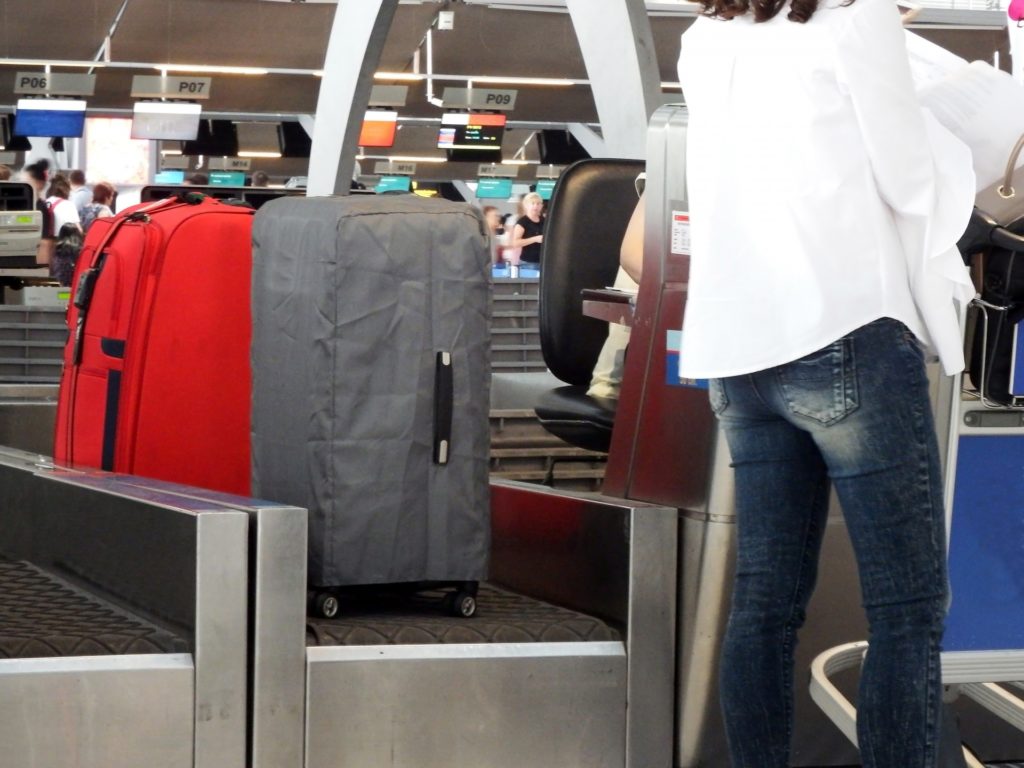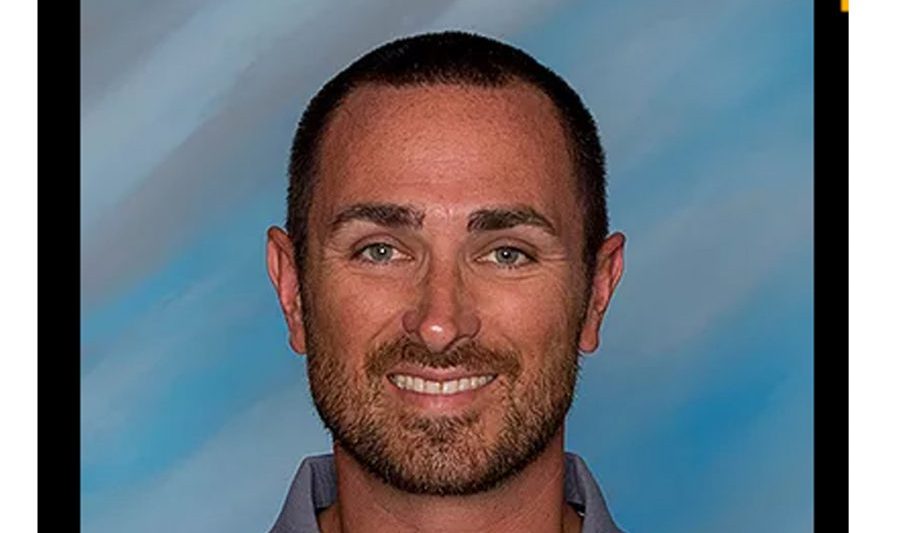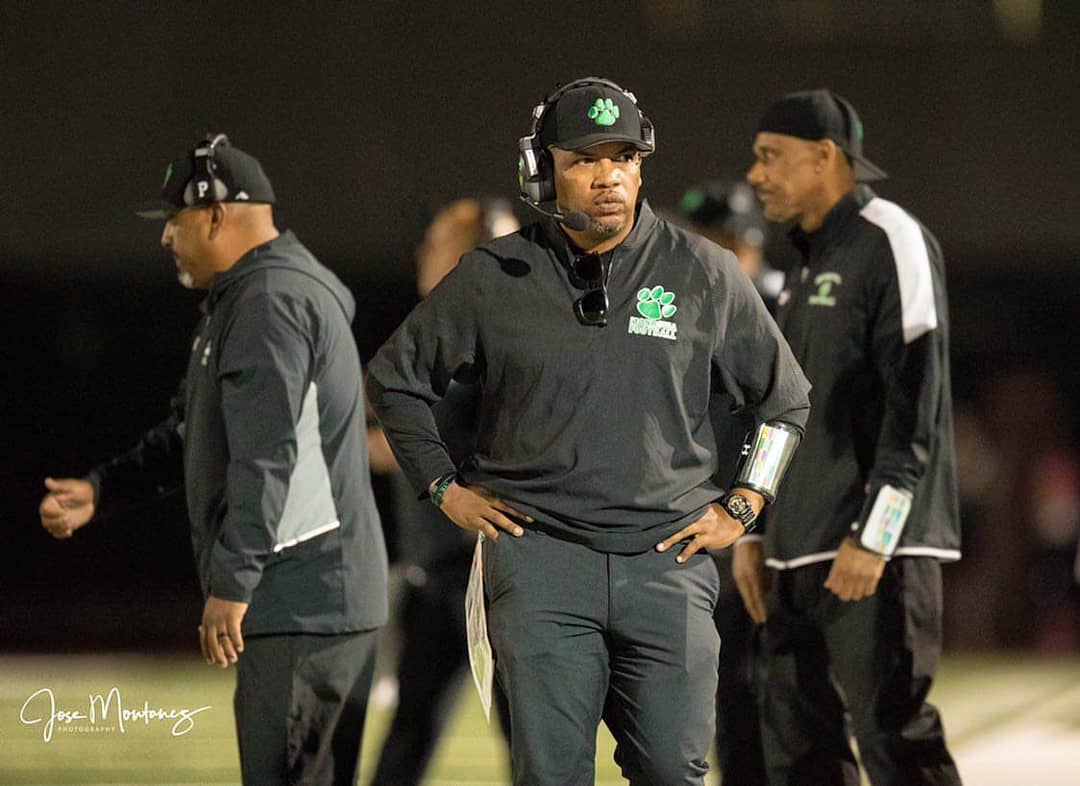
By Angela Copeland
Have you ever had a date with someone who had recently been through a bad breakup? There’s a good chance they were nervous to go through the same thing again. You can practically see the fear in their eyes. In relationships, we call this sort of thing emotional baggage and it can be tough to overcome. What’s interesting is that companies can have emotional baggage too.
With companies, the baggage starts in the form of a bad hire. It’s a bad hire that happened long before they met you. It’s like an ex-spouse. It’s someone who is long gone but whose emotional damage still remains. The company hasn’t forgotten them, years later.
You may wonder what exactly I’m talking about. Here’s an example. An interviewer may say to a job seeker, “We hired an entrepreneur once before. That person was really controlling. He was hard to work with. Ever since, I really don’t like hiring anyone who has ever been self-employed.” (Disclosure: Yes, this really happened.)
For a job seeker who’s currently self-employed, for example, this statement is a hard one to overcome. How can you combat worries about problems caused by an employee that no longer works at the company? In this example, it might be best to be friendly and understanding, and try to reassure the interviewer. Show them you can get along well with others. Quiet their fears.
In reality though, it’s possible that old employee wasn’t difficult because they had been self-employed at some point. Perhaps they were difficult because they are just a difficult person. Wouldn’t that make a little more sense?
These types of generalizations are biases, plain and simple. It’s like assuming that because you dated a chemist once who was very rigid, all chemists are rigid people. But, that’s not true. Each person has their own unique personality, with positive and negative features.
Just like in the world of dating, if you want to find your perfect match you’ve got to stop looking at things through an old lens. You can’t assume every relationship won’t workout. Otherwise, you’ll never get anywhere. Similarly, you’ve got to judge each job seeker on their character and their individual experience. Don’t hold them up to a standard set by someone else long ago.
Ask the job seeker about their skills and their past jobs. Ask them why they’re interested in the role. Learn about them. Find out if they will get along with your team. Evaluate them, based on what’s important today not something that happened before. Try your best to look at them as a unique person.
If you can drop off your emotional baggage, you might just find that you pick up a great new hire. The more that biases drive your decision making process, the less you’re evaluating the current candidate. You’re allowing the old employee who isn’t even there anymore to continue to run the show.
Angela Copeland, a career expert and founder of Copeland Coaching, can be reached at copelandcoaching.com.






